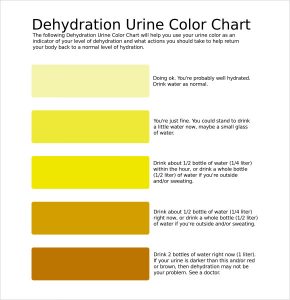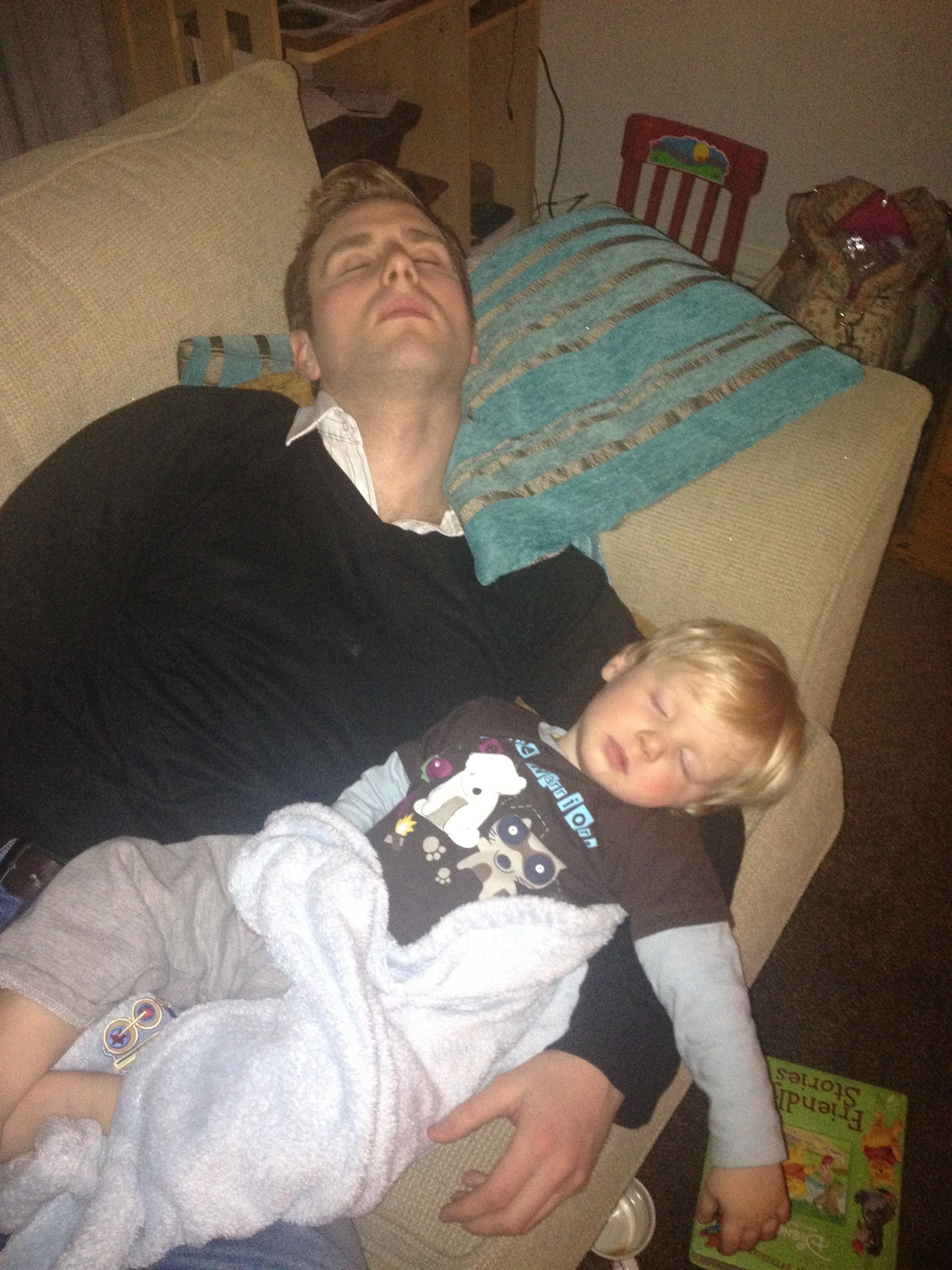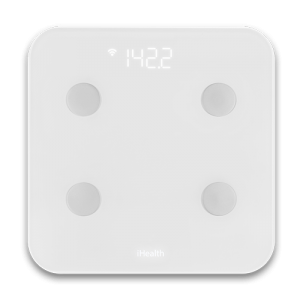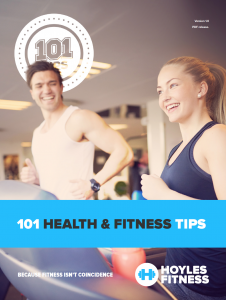Simple Health Indicators to Keep an Eye On
Simple Health Indicators to Keep an Eye On
Simple health indicators? What are they?
OK, so this is a fitness blog, but why do we engage in fitness? To stay healthy, I’m assuming – it’s the reason I do, anyway.
This post is a little divergence from the norm for this blog – instead of talking about training, fitness and nutrition I’m going to talk about general health and simple health indicators that you can easily keep track of yourself.
These simple health indicators are all easy to keep an eye on and can help you keep a track on how your body is behaving. Furthermore, they can act as an early indicator of problems or even be the trigger for positive behaviour change from a healthy living standpoint.
On that note….
IMPORTANT POINT!
None of this advice is diagnostic. I’m not trying to worry you or be your doctor. The point here is to alert you to changes in your health status and what they could potentially mean.
If you have any further concerns, speak to a qualified professional.
Now we’ve got that out of the way, lets look at a few simple health indicators that you should keep an eye on…
Your Urine Colour
OK, it may sound pretty disgusting, but the colour of your urine is key to understanding your state of hydration. It’s also worth bearing in mind the frequency with which you go to the toilet.
A lot of the old advice about drink 8 glasses per day is a little off, but what it true is that adequate hydration is key to good health. Being adequately hydrated helps everything from your skin to your joints stay in good condition.
Your fluid intake should be relative to your setting – if you’re exercising, in a hot room, are sweating or consuming a lot of salt or alcohol, you’ll need to drink more water than normal.
It never ceases to amaze me the amount of times new personal training clients tell me they forget to drink water. It’s not as if it’s even an effort – just drink!
If you are drinking a lot but are constantly feeling dehydrated, it could be a sign of diabetes. Also if you feel the need to head to the toilet more frequently than normal it can be indicative of prostate problems in men.
Your aim should be to make sure your urine is clear – if it’s not, drink more water.
Your Sleep Habits
The surveys and stats around sleep often paint the same picture – not enough of us get enough sleep.
There’s a myriad of reasons for this, such as staying up late to watch crap on TV, children disturbing our sleep, staring at screens in bed, drinking alcohol at night – all of which have been shown to negatively affect our sleep quality.
In this point, we’re going to address exactly how tired you are with something called the sleep onset latency test. It’s a test you can do at home which will give you an idea of exactly how sleep deprived you are.
It’s important you do this during the day, rather than at night when you’re already tired!
Lie on the bed in a darkened room. With a spoon in your hand, drape your arm over the edge of the bed and place a plate underneath it. Check the time and try to fall asleep. When you fall asleep, the spoon will drop onto the plate and wake you up. Check the time again – the time passed is the sleep onset latency on that particular day.
Sleep onset latency test scores (from this article)
Minutes to sleep…
- 0-5 Severe sleep deprivation
- 5-10 Troublesome sleep deprivation
- 10-15 Manageable sleep deprivation
- 15-20 Excellent – no sleep deprivation
Take the test yourself and see how sleep deprived you are. If it turns out you are sleep deprived, follow the tips in my sleep article.
Your sleep is one of the most important simple health indicators because it’s indicative of your bodies’ ability to recover.
Heart Rate Variability/Resting Heart Rate
This one is slightly more specialist, but can give you an idea of your underlying state of health and fatigue. To accurately assess your heart rate, you’ll need a heart rate monitor.
Record your heart rate every morning for 4-7 days to establish an average. Ideally do this when your exercise and stress are at ‘normal’ levels. This is your average base line resting heart rate and is a figure that you’ll use for comparison in future.
Test your heart rate every morning, (importantly before you’ve had any caffeine – it’s a stimulant that raises heart rate) you can even do it using this method. What you are looking for is variation – anything around 10 or more beats per minute above your ‘normal’.
What does a higher heart rate mean?
It’s certainly not diagnostic in of itself, but it can indicate one of the following…
- You aren’t fully recovered from exercise.
- You’re fighting a low-level infection.
- You’re stress levels are high.
If you feel ok, it’s probably nothing to be worried about, but I’d certainly reduce the intensity of any exercise you had planned that day, just to give yourself a little extra recovery time!
Your Weight
A lot of people obsess about their weight and not in a good way. If you aren’t psychologically robust enough to handle slight increases or decreases in weight, then keeping a close eye on it may not be a good idea. If you think you can cope with it, read on…
Keeping tabs on your weight is a useful indicator of how you are functioning overall. If for example, you see a significant drop in weight without obvious reason (such as diet or increased exercise) then it’s worth going to the doctor for a check up.
Unexpected drops in weight can be caused by metabolic diseases, high stress and anxiety levels, gastrointestinal diseases, some cancers and diabetes.
Again, sudden weight loss isn’t diagnostic of any of these things, but it’s certainly worthwhile getting yourself checked out just in case.
It’s important to understand I’m talking about sudden, unexpected drops in weight. If you’ve been more active or eating more healthily then weight loss is a by-product and isn’t anything to worry about.
Remember, weight loss is one of your simple health indicators and not simply a measure for vanity’s sake.
General Energy Levels
Most of us will be aware of what our ‘normal’ feels like – how much sleep we need, when we are likely to need a rest, how we feel in the mornings etc.
Any changes in this shouldn’t be ignored. In my experience it’s often down to some sort of vitamin or mineral deficiency, so if you experience a dramatic sudden increase in fatigue or a real drop in energy levels that lasts longer than a week I’d urge you to speak to a doctor.
The key (again) is to be aware of any life changes that could be a causal factor – longer hours at work, an increased training volume, less sleep, increased stress etc. All of these can be a factor in fatigue, so if you can rule out all of these then it’s worth investigating the matter further with a qualified professional.
Try to eat a wide variety of fruit, vegetables and lean protein. Drink 2-3 litres of water, move your body for 45-60 minutes 3 or 4 times per week. Take a couple of multivitamins per day and see if there are any changes in how you feel – you may simply have not been looking after yourself properly!
So these simple health indicators are things you may or may not have already been aware of. If nothing else, this post may serve as a worthwhile reminder that your body is constantly giving you clues as to how you are treating it.
Be aware of your body, listen to it and make the changes to look after it. You’ll be glad you did.
By the way, if you subscribe to the Hoyles Fitness mailing list you’ll receive a free eBook containing 101 Health and Fitness Tips, plus offers and news exclusive to Hoyles Fitness subscribers. Click the image below to download…




